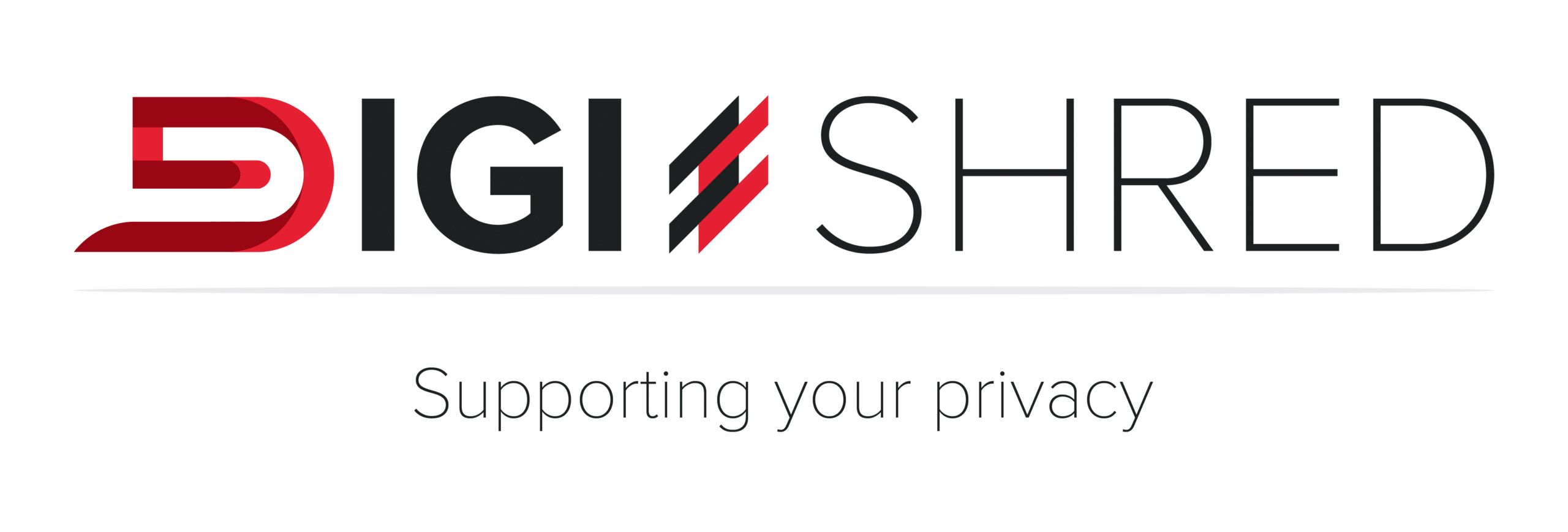Debunking Paper Shredder Myths
Despite shredding’s apparent simplicity, numerous misconceptions have entered the conversation around it. We hope to break these beliefs and reveal the truth about shredding as we know it today. Our comprehensive guide dismantles and debunks popular myths surrounding paper shredders. We separate facts from fiction.
Digishred provides quality shredders for sale or rent. To find out more about our shredders for sale, get in touch with a consultant online. We also offer SME finance options to assist small and medium companies to operate efficiently. If you’re in need of shredder rentals or shredding services, we will gladly advise and give you a free quote.
Guide to Debunking Paper Shredder Myths

Myth 1: Shredding Is Just Required of Large Companies
Shredding isn’t just for big companies with plenty of sensitive data, contrary to popular belief. The truth, though, is that identity theft and privacy breaches can impact businesses of any size. Financial records, medical records, and credit card statements all contain personally identifiable information that would make them easy targets for cybercriminals. Which is why shredding is essential for big and small companies alike.
Debunked: Shredding is a must-have for any person or business, no matter how small or large, in order to safeguard confidential data and stop identity fraud.
Myth 2: Shredding Is No Longer Necessary
For some, physically shredding documents is a relic of a bygone era when everything is stored digitally in the cloud. They claim that shredding is unnecessary since digital encryption and password protection provide enough security.
Yet, this fails to take into account the ever-present risk of physical document theft as well as the possible weaknesses of digital systems. Data breaches and compromises can occur when hackers take advantage of loopholes in cybersecurity protections. Physical documents have not yet been replaced with digital versions entirely. Secure disposal of physical documents holding personal or sensitive information is also required by regulatory compliance requirements.
Modern day shredding is not limited to paper as material such as plastic can also be shredded, which makes the safe disposal of bank cards, id cards and cd’s possible.
Debunked: Along with digital protections, shredding is still an important part of data security since it reduces the likelihood of physical document theft and guarantees conformity with regulations.
Myth 3: Any Shredder Will Do
The idea that any old shredder will do the trick for getting rid of sensitive documents is another common fallacy. In an effort to save money, some people opt for cheap, low-capacity shredders or resort to do-it-yourself techniques, such as ripping documents by hand or using scissors.
When it comes to efficiency, security, and compliance, though, these methods frequently fail. Data security can be compromised by using low-quality shredders, as they may produce easily-reconstructible bits that are sliced in a strip or cross cut. Manual shredding methods are also inconvenient and take too much time when dealing with big amounts of documents.
Debunked: Protect yourself from data breaches and stay in accordance with privacy requirements by investing in a high-quality shredder that is suitable for commercial or personal use. It will destroy all of your documents thoroughly.

Myth 4: Shredding Is Bad for the Planet
Shredding, according to some naysayers, adds to pollution since it uses so much energy and produces so much waste. Some people think that shredding isn’t a sustainable practice and are pushing for alternatives like recycling and digital document storage.
But new shredding technology has come a long way, with improvements in areas like energy efficiency, trash reduction, and responsible disposal that lessen the toll on the environment. To lessen their impact on the environment, many shredders come with energy-saving settings and recyclable shredder bags.
Debunked: Shredding, when done properly, can be an eco-friendly option because it uses less energy and produces less waste than other disposal techniques.
Myth 5: Shredding is For Paper Only
Modern shredders are incredibly adaptable, accepting a wide variety of materials for improved safety and easy disposal.
All types of paper, from regular copy paper to thicker cardstock, envelopes, and file folders, are easily processed by shredders.
Documents containing sensitive information, such as social security numbers or credit card details, require secure disposal. When it comes to shredding sensitive documents, modern models, especially cross-cut ones, are masters at reducing them to tiny particles that cannot be read, guaranteeing maximum security.
Beyond paper clips and staples, advanced shredders can easily crush credit cards, CDs and other multi-media items. This adaptability makes it unnecessary to sort documents before shredding, which expedites the procedure and saves time.
Debunked: Shredding has left the paper only domain long ago.
Myth 6: Hackers Won’t Get Me
Many people mistakenly believe that small organisations and individuals are safe from cyberattacks as they do not possess any important assets or data. Having said that, this view is totally false and dangerous. Cybercriminals are always on the lookout for ways to get their hands on your private personal information (PPI), particularly if they may use it to commit identity theft. This is true even if you believe you have nothing to hide.
Some government websites keep your ID number on file, while every online purchase is associated with your credit card number. The use of automated technologies allows cybercriminals to target as many people as possible, regardless of how “small potatoes” you may be. They scrape and exploit any valuable information they uncover.
Taking these basic but vital precautions will help you stay safe. Shred any physical object, be it paper or plastic, that contains your personal information such as ID nr, bank account nr, address and contact numbers.
Debunked: The idea that smaller companies or people are safe from cyber dangers is, basically, a harmful misconception. Your vulnerability to cybercrime can be greatly diminished if you appreciate the importance of your personal information and proactively take steps to protect it.
We also discuss the best paper shredders of 2024.


